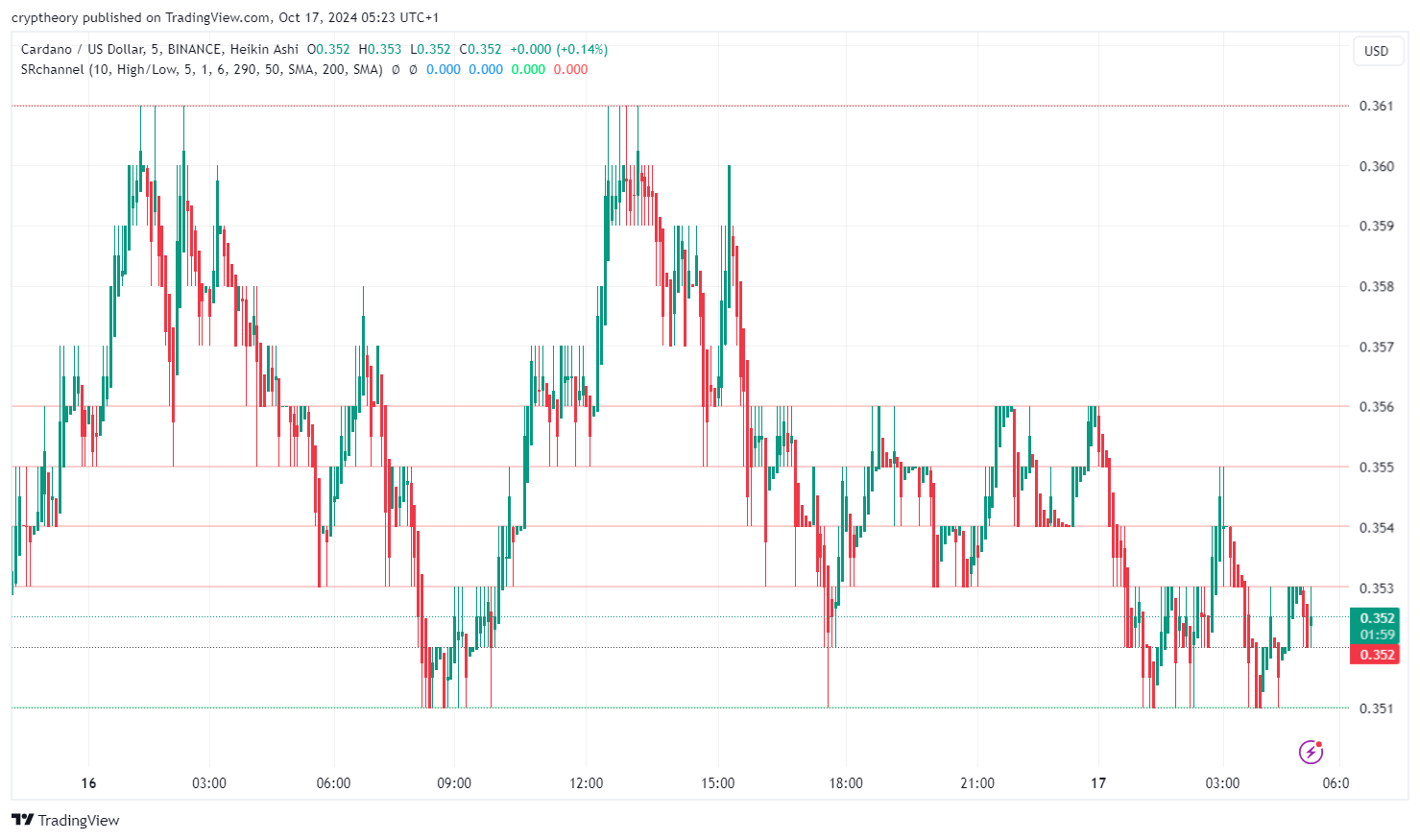The Australian Competition and Consumer Commission (ACCC) has filed a lawsuit against Meta, Facebook’s parent company, for allegedly running misleading celebrity-related cryptocurrency ads.
Meta for allegedly promoted cryptocurrency scam
According to the regulator, the ads promoted cryptocurrency investments and money-making schemes on behalf of well-known Australians who had nothing to do with the projects in question.
The ACCC alleges that the company’s conduct violated the Australian Consumer Act (ACL) or the Australian Securities and Investments Commission Act (ASIC Act).
“ACCC claims that ads promoting cryptocurrency investments or money-making schemes would likely mislead Facebook users into believing that the advertised schemes were associated with well-known people featured in the ads, such as businessman Dick Smith, TV presenter David Koch and former NSW Prime Minister Mike Baird. The schemes were, in fact, scams, and the people featured in the ads never approved of them,” the ACCC said.
Facebook accused of promoting cryptocurrency scam
As the regulator pointed out, the ads contained links that took Facebook users to a fake article.
This text included quotes attributed to celebrities featured in the ad endorsing a cryptocurrency or money-making scheme.
Then, users were induced to sign up for such a project. They were then contacted by scammers who used tactics to convince users to deposit funds into the fake schemes.
According to ACCC President Rod Sims, Meta is responsible for these ads and profits from them:
“It’s a key part of Meta’s business to allow advertisers to direct users most likely to click on an ad link to visit the ad’s landing page, using Facebook algorithms. These visits to the ad landing pages generate substantial revenue for Facebook.”
According to the ACCC, Meta was aware that these cryptocurrency fraud ads were running on Facebook. Even so, the company would not have taken sufficient steps to resolve the problem.
Meta failed to protect users, says ACCC
After the publication, the mentioned celebrities complained that their names and images had been used without consent.
Despite this, “celebrity-endorsed cryptocurrency fraud ads were still running on Facebook,” ACCC said.
“Meta assured its users that it would detect and prevent spam and promote safety on Facebook. But it failed to prevent other similar celebrity-endorsed cryptocurrency fraud ads from being posted on their pages or alerting users,” Sims said.
The ACCC president further emphasized that the ads resulted in incalculable losses for consumers. In addition, they damage the reputation of public figures falsely associated with the advertisements.
“In one shocking example, we are aware of a consumer who lost over $650,000 due to one of these scams being falsely advertised as an investment opportunity on Facebook. This is embarrassing,” Sims said.






















